One of the most unusual Bach performances on record.
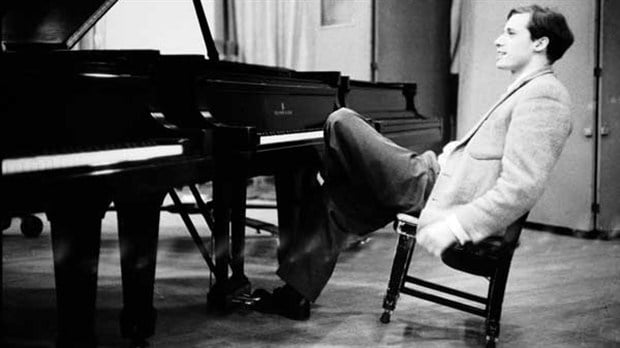
One of the most unusual Bach performances on record.

The solo double bass player of the Stuttgart State Orchestra Burkhard Mager died this weekend after a long illness. He was 56.
Romanian born, Burkhard was a member of the European Youth Orchestra and the Junge Deutsche Philharmonie, strongly encouraged by Claudio Abbado and Leonard Bernstein.
He held his principal position in Stuttgart for almost 30 years.
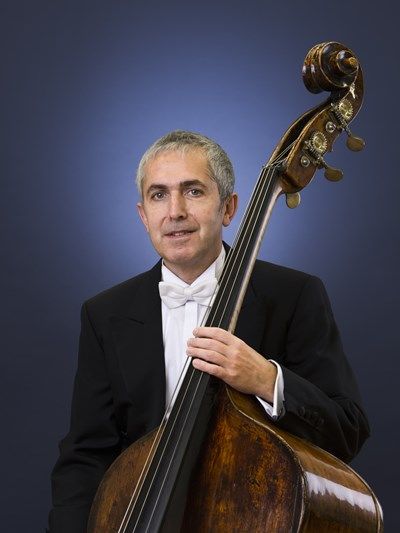
Extraordinary versatility in isolation from Cathy Lamb, former Director of Music at Lichfield Cathedral. Nice suit swap, too.
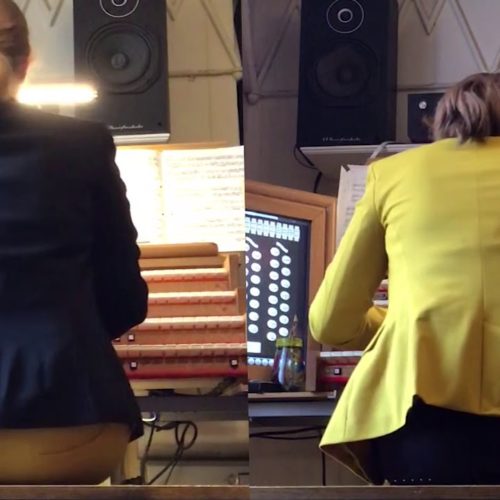
Isata Kanneh-Mason should have been performing Beethoven’s third piano concerto with the RPO at the Royal Albert Hall this weekend, but the Corona crisis intervened and she’s in lockdown in Nottingham with her whole family.
Who promptly formed a scratch orchestra and accompanied her performance in the living room.
Totally heartwarming.
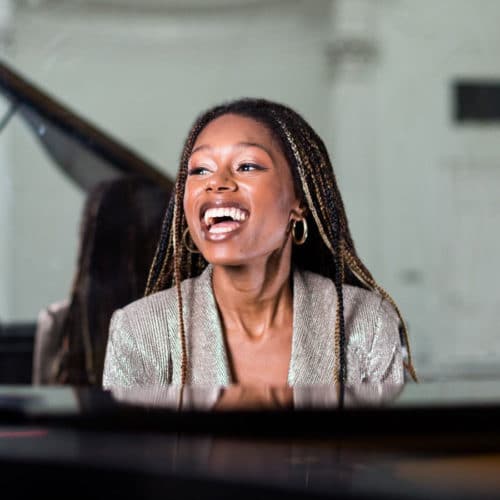
We’ve been asked by the Verbier Festival to help find any of its freelance associates who are in financial difficulty. The festival’s emergency fund has already supported 150 needy artists. It still has cash left over for more who qualify.
Here’s the news release:
The current global health crisis is having a severe impact on the world of arts and culture.
Performances and productions have been cancelled for months, causing many artists and
creative workers to lose economic and social stability. Spearheaded by Verbier Festival Founder
& Director Martin T:son Engstroem, a new fund has been created by a group of generous arts
patrons who have expressed concern for the well-being of Verbier Festival Academy alumni—
those musicians who have been part of the Festival’s orchestra, soloist, chamber music, voice
and conducting programmes—and who are in desperate need of financial help. These donors
also recognise the hardship facing those who work behind the scenes on the Festival’s
production and technical teams. The Verbier Festival Emergency Relief Fund cannot hope to
replace entire fees or lost work for everyone, but it aims to make a small difference to help those
Verbier Festival family members who are most at need. Assistance from CHF 1,000 to CHF
5,000 will be granted without expectation of repayment. The Verbier Festival has been tasked
with the identifying those artists who most merit support.
WHO CAN APPLY?
Applications are open to all freelance, self-employed and newly unemployed Verbier Festival
Academy alumni musicians—solo, chamber and orchestral instrumentalists, singers,
conductors—and Festival alumni production and technical personnel, regardless of age and
nationality.
In order to qualify for support, candidates must also satisfy the following requirements:
• Experience a sudden decrease of income as a direct result of the COVID-19 pandemic
(including contract cancellations or loss of work due to social distancing measures);
• Must not be eligible for, or currently on unemployment, social security or other assistance.
Applications will be accepted through the Verbier Festival website at www.verbierfestival.com/emergency-relief.

The American flute virtuoso, composer and teacher Robert Dick has survived a severe bout of Coronavirus. He is 70.
Dick writes:
‘I’m happy to announce that I have recovered from a full blown bout of COVID-19. A nightmare experience. Yet, even at the worst of it, I could breathe deeply, and this prevented the virus from settling into my lungs to start the fibrosis that is so dangerous. I’m joyously giving my lifetime of flute playing full credit for getting me through this worst illness in decades, if ever. Chalk up one more great thing about playing the flute!’
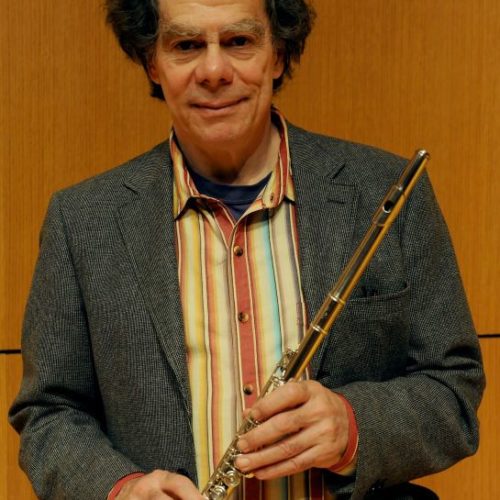
Robert Dick.
Friends have reported the death of Alexander Vustin, a composer much performed by Gidon Kremer and Vladimir Jurovsky.
Vustin was a modernist who frequently composed in a serial style that felt somehow ironic and contrmporary. He wrote many works for orchestra nad chorus, none of them designated as symphonies or concertos.
He was his own man.
Jurovsky said: ‘We only knew each other for about five years, but I seem to have known him all my life. He was a man of unique spiritual qualities and a composer of a unique gift.’
There are reports that Vustin’s son Yuri is seriously ill with Covid-19.
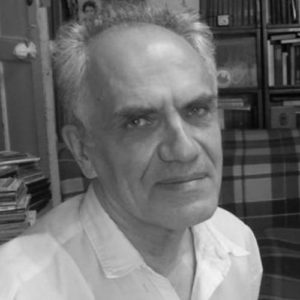
Los Angeles Mayor Eric Garcetti has told CNN that gatherings for sport and music may not resume before 2021.
He said: ‘It’s difficult to imagine us getting together in the thousands anytime soon, so I think we should be prepared for that this year.
‘until there’s either a vaccine, some sort of pharmaceutical intervention, or herd immunity, the science is the science. And public health officials have made very clear we have miles and miles to walk before we can be back in those environments.’
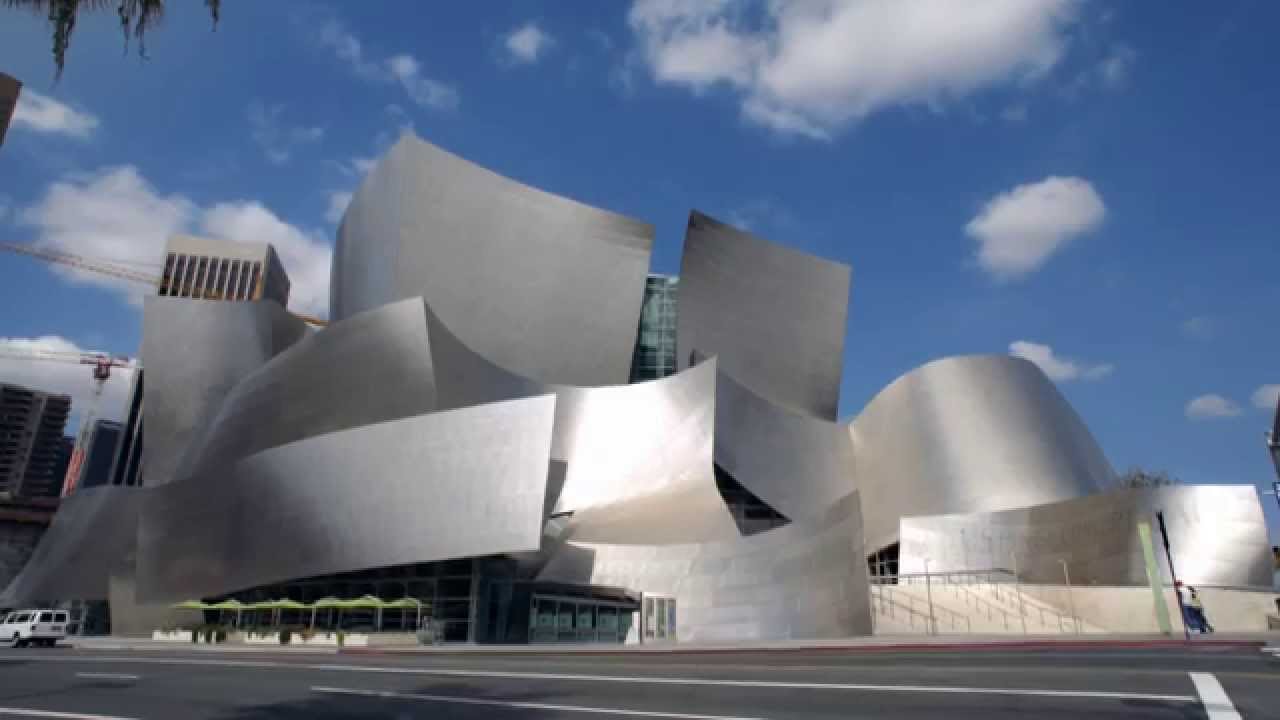
The family of Dr Paul Shelden have announced his death from Covid-19. His wife, Pam, remains seriously ill.
A professor emeritus at Brooklyn College and former teacher at Juilliard, Paul Shelden premiered works by Hindemith, Aitken, Etler, Starer, Erb, Brown, Zukofsky and others – mostly on the clarinet, though he also played saxophone and flute.
He was the founder of Diplomatte Music, a company that provides professional-sounding instruments at affordable prices.
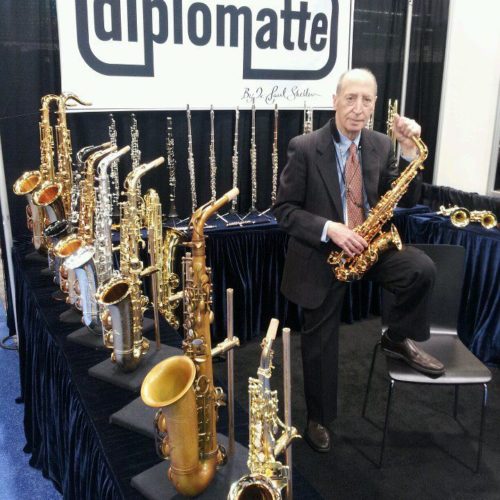
Reuters report:
HELSINKI: A second violinist of the Helsinki Philharmonic Orchestra has been redeployed to help fight the coronavirus crisis – he’s using an electric bike to deliver food to the Finnish capital’s elderly residents.
With old people ordered to self-isolate, city employees have contacted 27,000 citizens aged over 80 to offer help by delivering groceries and medicines.
“We’ve called nearly every 80-year-old in Helsinki and checked if they need help,” Tommi Laitio, Helsinki’s executive director for culture and leisure, told Reuters.
With public gatherings of more than 10 people banned in Finland since March 17, violinist Teppo Ali-Mattila suddenly had time on his hands since all his concerts were cancelled….
Read on here.
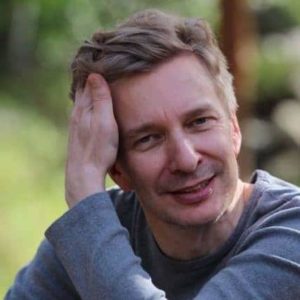
Message received:
From the homes of great artists to ours, an online film experience for Holocaust Remembrance Day (Monday), from Boston’s Terezín Music Foundation:
New performances sent from home by Yo-Yo Ma, Simone Dinnerstein, and contributed by Andris Nelsons, members of the BSO, violinist Michael Ludwig and other major artists, prayer and song sent from home by Shai Abramson (Chief Cantor of the IDF), and noted Boston clergy, reflections and stories from Holocaust survivors;
The film will reside here, at the “TMF on Yom Hashoah” YouTube channel.
Performance highlights are cellist Yo-Yo Ma performing the “Prayer from Jewish Life” by Swiss-American composer Ernst Bloch, Simone Dinnerstein performing “The Mysterious Barricades” by François Couperin, Nathan Meltzer performing “Eli, Eli (My God, My God)” on
the legendary Ames Stradivarius violin, IDF Chief Cantor Shai Abramson performing the Warsaw Ghetto Song, U.S. Presidential Inaugural Poet Richard Blanco reading a TMF- commissioned poem about freedom and Coro Allegro (Boston’s LGBTQ+ and allied classical chorus), performing a TMF-commissioned setting of that poem by composer Pablo Ortiz, acclaimed violinist Michael Ludwig performing a Bach sonata, and soprano Nora Fisher closing the program with “Oseh Shalom,” the Jewish prayer for peace.
In moving first-hand testimony, survivor and noted psychiatrist Dr. Anna Ornstein shares a remarkable story from her time in Auschwitz with her mother, and the late Zuzana Růžičková, famed harpsichordist and survivor of Terezín, Auschwitz, and Bergen-Belsen, reflects on the
power of art and the importance of “inner freedom.” Integrated into the film are paintings by internationally famed artist and Vilna Ghetto survivor Samuel Bak, whose works preserve the memory of the ruination of Jewish life and insist on the power of creativity.
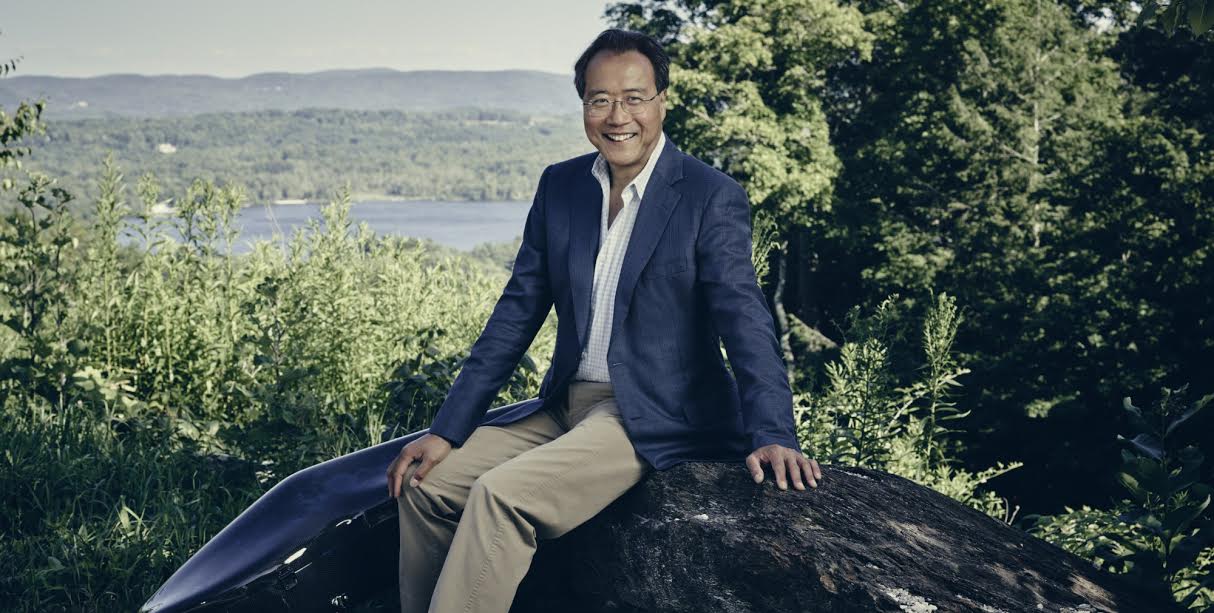
The British pianist Peter Donohoe, 66, had a close encounter with Covid-19 while on China tour at the end of last year. His personal diary of the dawning storm will reflect the experiences of many far-flung artists and musicians.
We present the diary unedited.
CORONAVIRUS DIARY
I wrote this timeline originally for private purposes, then decided to share it – once edited for public consumption – at a time when it seemed that most of us were still not only being denied full disclosure about coronavirus, but also convincing ourselves that it was not so serious. That it has now become very obvious that it is one of the most serious threats we have ever faced, as well as it being now accepted that many more people may have caught the virus and recovered than is suggested by the statistics – these things perhaps makes this post less relevant than it may have been earlier. Nevertheless I am aware that my experience may help a little towards putting the appalling situation of this outbreak into perspective.
In retrospect, it seems to me possible that the mild cold I caught around 1 November, along with jetlag, may have made me vulnerable to viral infection of some kind when I was in China for most of the last three weeks of November. I was travelling virtually every two days from one freezing cold city to another – sometimes by train, sometimes by plane – surrounded – other than in the many hotels – by a rather democratic level of hygiene (particularly in university concert halls and certain restaurants). I caught what I now suspect was coronavirus at some point up to around eight weeks before it was announced by western media that China had revealed news of a new and highly contagious virus, thought to have started in Wuhan. After the announcement I first dismissed the thought that what I had could have been this new virus because I was back home in the U.K. four weeks before it was mentioned.
Then I heard about the whistleblower doctor Li Wenliang originally being harassed by police for spreading rumours; he first submitted a report on 30 December and eventually died in February from the virus. This made me think that there was a possibility that it had been around in China long before 31 December, and that I had been exposed to it, making me feel not only awful, but quite unlike anything I have known before, and it was longer-lasting too. Of course, many people who didn’t visit China experienced an unusually long-lasting flu or cold this last Winter. So maybe all I had was the same as them, and I am making a silly claim. Or perhaps they all caught coronavirus too.
Perhaps it was some other virus – I may never know, and I do not wish to make a big deal out of it, but in my opinion it may well have been coronavirus. What I know for sure is that I am incredibly grateful that whatever it was has finally gone, and that for those thousands and thousands of people who have not been, and will not be, so lucky, this is a tragedy whose profundity and seriousness can not be overstated. My own gratitude is also for the fact that, although it was very unpleasant and long-lasting, it did not prevent me working i.e. I still had enough strength to breathe and remain upright when necessary; really serious cases, including some from which people have recovered, take those abilities away. I was even able to travel back to London from Beijing – admittedly feeling dreadful. The retrospective vision of my going down with a very serious bout of coronavirus whilst in China, where its existence was not yet officially acknowledged, doesn’t bear thinking about.
November
1 LSO St Luke’s recital, which is when I thought I may have contracted the cold that comprised the beginning of this very long episode that became the most prolonged period of ill-health in my life.
3 Flight to St Petersburg, Russia.
4 – 8 in St Petersburg a recital, several orchestral rehearsals and a concerto performance. Developed ordinary cold symptoms – sore throat, and runny nose – began to appear on or around the 5th lasting until around 8th.
8 A rather stressful evening – the concerto was Bartók’s 2nd, and it was followed by a late night flight to Moscow’s Sheremetievo Airport, arriving at around 1.00 a.m, plus searching for airport hotel (Sheremetievo is a gigantic airport) and checking in etc. However, the cold symptoms appeared to be fading.
9 Early flight from Moscow to Shanghai. My cold seemed to have essentially gone away, but not completely.
11- 30 Recital and Masterclass tour of China, working in 9 cities;
10 Shanghai
11 – 13 Nanchang
14 – 15 Neijiang
16 Chengdu – where I had a rather serious haircut, which may have been unwise, given winter temperatures in northern China.
17 – 19 Mianyang – where it was unreasonably cold in the venue, and I had to wear an extra layer under my concert suit.
20 – 21 Neimenggu – a province of Inner Mongolia – the city name was Hohhot, where I was treated to the most wonderful welcoming celebratory traditional lunch ceremony; I rather rashly ate a small piece of raw meat from the hotpot before it was submerged in the boiling water – I think it was beef, but who knows. The people with me, who were a mixture of Chinese and Japanese were visibly concerned. However, whatever it was that I ended up being severely ill with, I believe I already had it at this point.
22 – 23 Zhongbei Taiyuan – where I insisted upon three oil-filled radiators to be placed near the piano, and wore two shirts, and a pullover underneath my concert outfit (a lounge suit), as it was minus 2C onstage. I was shaking onstage with the cold, and it was only the outlay of energy required for Pictures at an Exhibition that warmed me up to a tolerable state.
25 – 26 Xi’an
28 – 29 Tianjin
N.B. Not Wuhan, although I did play there the previous year.
[I always enjoy such tours, as they bring me to places I had not even heard of before, meeting and working with some great people who offered splendid hospitality. However, as far as concert conditions (particularly temperature) in university concert halls, hygiene, and eating conditions were concerned, the (excellent) hotels comprised an oasis. Almost none of the venues, or even restaurants, offered acceptable lavatory and hand-washing facilities – I will not give any further details, other than to say that there is for me no less holy [or should that be more unholy?] smell on the planet than that of a typical Chinese public convenience, including those meant for the audiences in university concert halls, and there was an almost complete absence of soap, warm water or towels/hand-drying machines. Given that the average temperature was well below freezing – including in dressing rooms, and in two cases onstage – one cannot help think about the inevitability of viruses. The exceptions were – almost predictably – Shanghai, Xi’an and Tianjin.]
During this tour, I experienced an occasional mild fever, a permanent sore throat, and gradually increasing muscular aching, the latter reaching its worst on the night before leaving China (30 November). Also I developed a hideous itchy rash on my back from shoulder to shoulder, that felt like sunburn, and several patches all over – particularly lower legs – that bled when I scratched them. I also went through several bouts of shivering for no reason. However, at no point did I feel energy-less, or inclined to lie down all day, as many people say they do if they contract flu, or anything similar. On the other hand I did, because of truly awful muscular aching, feel completely unable to use my legs for any purpose other than to walk slowly. [I regularly do a squatting exercise 20 times or so – I have been up to 100 on one day before now – to counteract and mitigate the effects of endless sitting at a piano, a computer, in a restaurant, on a plane, in a train, in a car, that is an intrinsic part of this profession – no advice required or needed, thank you – and on that particular evening I couldn’t manage even one squat because of leg muscle pain.]
December
1 Arrived back home from China.
2-17 Very unpleasant symptoms, including occasional fever, endless sneezing and most of all, a painful dry cough and tight-chestedness. During this time, I travelled to Belfast to get a US visa, gave a Masterclass at the RBCM, followed the next day by a recital, rehearsed and performed a Royal Festival Hall concert with the London Philharmonic, and gave a recital in The Lake District. The latter was held in a large private house, where the family of the promoter were riddled with what I thought were very bad coincidental cold symptoms. During all this, the only way I could go ahead with the engagements was by keeping the symptoms down by using Lemsip, paracetamol etc.
17 I took a flight to Munich and a train to Bayreuth. By then my cough and aching had returned.
18-21 Recording sessions in Bayreuth, blighted by recurrent coughing and aching, although far less extreme than had been the week before.
22 I flew home. Got worse and worse again over Christmas. Endless coughing, tightness of chest, streaming cold, aching muscles. I began to suspect pneumonia.
AND THEN, on or around 31 December, news began to filter through regarding the new coronavirus, originating in Wuhan, at first suppressed by the Chinese government, and now causing serious concern.
January
6 I went to the funeral of an old friend and colleague, Malcolm Rowson – ex-chairman of Warwickshire SO of which I am a patron. At the service I was stifling coughs and aching, but mainly managed to avoid being too near anyone. I dismissed any thought that my symptoms might have any connection with what had just been announced by China, given the dates, and despite the cover-up instigated by the Chinese government.
7 flew to Philadelphia slightly improved.
8 Rehearsal and concert with orchestra in Philadelphia – symptoms prevailed but not extreme
9 A social gathering a Philly restaurant, in which the excellent food was completely spoiled by coughing painfully and general flu symptoms
13/14 Flew back from home from Philly; extremely unpleasant flight due to symptoms.
15 A ‘repertoire’ performance – i.e. a rehearsal without a concert – of Mozart K271 with Birmingham Wednesday Band. Symptoms continuously having to be suppressed by Lemsip etc.
17 Went to Russian visa office in London with the same symptoms yet again, and began to feel it would never end.
23 RBCM Masterclass cough sweets and lemsip helped and the class quite good and energetic, but still symptomatic
24 Attended a family funeral in Bournemouth. – Despite trying to avoid it, I was hugged by quite a few elderly people*, but no one to my knowledge later came down with whatever I had.
* It is remarkable how many people come over and do that, and then say, “I suppose we shouldn’t do that should we?”
25 Social gathering at a pub/restaurant for Rabbie Burns Night. I felt terrible.
27 Churchill Competition jury member. Terrible coughing and spluttering during the performances.
28 Perse School, Cambridge, recital with appalling coughing and runny nose.
I finally decided that I may have contracted coronavirus – about which we had only heard 4 weeks after my symptoms started. With this came the realisation that I had been on several planes, at several family events, several post concert receptions, and to several restaurants since possibly contracting it. This was horrifying, but I received advice from my GP by phone that I should not go to the surgery because they were overwhelmed, but should phone 111 if symptoms persisted. He said that given the dates of my China trip, it was extremely unlikely that this was coronavirus, and that if I really did have the virus I would be unable to get up and would be totally debilitated. Phoning 111 proved fruitless.
29 Reassured by the doctor’s advice that what I had was ‘very unlikely’ to be coronavirus on basis of the dates involved, I went for a drink in a local pub with my son-in-law and coughed and streamed the whole time. We kept a reasonable distance apart, but not two and a half metres (That advice was yet to be mentioned).
30 RBCM Masterclass – symptoms still there but improved, particularly in the early morning.
February
Although I detected a very slight general daily improvement, the symptoms now remained pretty well the same for another week. It had settled into a pattern of seeming to have much improved overnight, giving the false hope that it was finally going, and then returning later in the day and making each evening progressively more depressing. I alternated between agreeing with the doctor when it seemed to improve most mornings, and wondering again when it lapsed during most evenings. There was an upward trend however – just very slow. However, there was one symptom whose connection is admittedly very tenuous – that if being progressively absent-minded. It slowly dawned on me that I was forgetting all manner of things – fortunately not the memory aspect of the music I was playing – things like clothes in hotel rooms, showing up to concerts having left the music in a taxi, a plane, or on a train. I began to think that this was early-onset dementia.
1 On this day I did two concerts during the same evening – a rehearsal and concert in Bradford with EU Chamber Orchestra followed by a furious drive to Manchester’s RNCM to take part at the end of a multiple piano concert supporting the John Wilson scholarship.
5 I gave a Masterclass and recital at St Albans School for Girls, coughing and sneezing throughout, although again Lemsip and paracetamol helped.
6 Rehearsal with Sacconi Quartet in Hampstead in advance of next week’s Russian tour. N.B. I left a score of Haydn sonatas on the train.
7 Private concert with Sacconi Quartet in London
8 Shrewsbury School recital – symptoms slightly improved
11 I conducted an evening rehearsal with Stockport Symphony Orchestra – Very tough as it was the first of five rehearsals on Stravinsky’s Rite of Spring (the second and third being taken by Robert Guy whilst I was back in Russia from the next day onwards). The symptoms were still in evidence, but there was a noticeable improvement.
Stayed the night in a Manchester Airport hotel
12/13 Manchester/Heathrow/Moscow/Krasnoyarsk. Very very long travel day, but symptoms not so bad. N.b. I left the score of the Taneev Quintet – the piece we were touring in Russia – on the third plane. Fortunately a local guide and translator and organiser of everything – Alexei – was well on the case and retrieved it successfully from Aeroflot.
The next 7 days comprised a Russian chamber music tour – mainly in Siberia – with the Sacconi String Quartet. The symptoms were definitely less aggravating, but they were still there.
14 Krasnoyarsk
15 Kemerovo
17 Novosibirsk
18 Barnaul
20 Moscow
Unfortunately, to add to the feeling of being under the weather, as a result of having a skinful at the British Embassy reception and trying to take off tight trousers over flight socks whilst hopping around the hotel room on my left leg, I fell over and seriously tore a shoulder tendon after this concert, the last of the tour. This may even have been yet another symptom – after all I taken my trousers off several thousands of times – including after receptions – with no trouble at all. The fluey symptoms remained, but far less extreme.
21 flight back to U.K. from Moscow – symptoms still niggling [and as for the shoulder…]
22 class Tonbridge School ditto with added problem of arm and shoulder injury. I found it very difficult not to cough whilst listening, but somehow kept going. Later on I played a short recital of a Mozart Sonata and a Haydn Sonata, during which my cough was kept at bay by adrenaline and Jakeman’s cough sweets – apart from between pieces – because I was so bothered by my sore shoulder.
24 Stockport SO my second rehearsal of The Rite of Spring. Very painful shoulder, which took my mind off the flu symptoms, but they were still there, although lessened. N.B. The Rite of Spring is not an ideal piece to conduct when one has a torn shoulder muscle…
27 A repeat of 24th
29 Stockport SO concert (Mendelssohn Midsummer Night’s Dream Overture, Mozart Piano Concerto K 503, and Stravinsky Rite of Spring. Went well, flu symptoms lessening, shoulder killing – unexpectedly worse during the Mozart.
March
1-4 seemed to be better
5 Could not believe it, but I started with another cold – not an achy, or sore throaty one, and not really with much of a cough, but a very runny nose
8 Young Musician of the Year jury member in Cardiff. The cold made it necessary to dose up for TV interview. Again, just a runny nose and a bit of a cough – nothing like previously.
12 RBCM Masterclass, felt as if I was finally out of the woods
13 My 3 year old grandson’s birthday party, for which the symptoms seemed pretty well gone
16 FINALLY completely symptomless on the very day we were told to self-isolate by Boris Johnson. Overnight it all disappeared like a cloud was lifted, and ever since I have felt good, other than the shoulder problem, and including that my fuzzy-headedness and memory for losing things and leaving things all over the world had completely gone. It felt so good that I will never take feeling healthy for granted again. [Sadly, I have no concerts or anything else to do during this feel-good period, as the music world has been cancelled for the foreseeable future. But at least there is a good chance of recovery from the shoulder incident – I had been booked in by now for an operation on 27 March, which is something I could not have considered had there been any concerts in my diary. ]
17 My son-in-law – who had been obliged by his work to attend one of the few sporting events not to be cancelled – the Cheltenham Races – appeared to have coronavirus symptoms, so his wife – my daughter – and their two young children are in self-isolation for two weeks.
27 I entered hospital for keyhole surgery on my shoulder, as the injury was career-threatening. I was told – via conversations with the surgeon, physiotherapist, and three nurses regarding being lucky to have got my operation in just before the hospital was taken over for the sole purpose of treating coronavirus patients – that, on the basis of my visit to China, my symptoms and the length of time it took to recover, I had almost certainly had a bout of the virus, and that as a result my close family has had it too – they certainly all had something unpleasant, long-winded, and different to anything before. And now it seems we will never know.*
* The news now seems to be that there is, or will soon be, a test for coronavirus antibodies, so that one can know in retrospect if one has had it, and has some level of immunity.
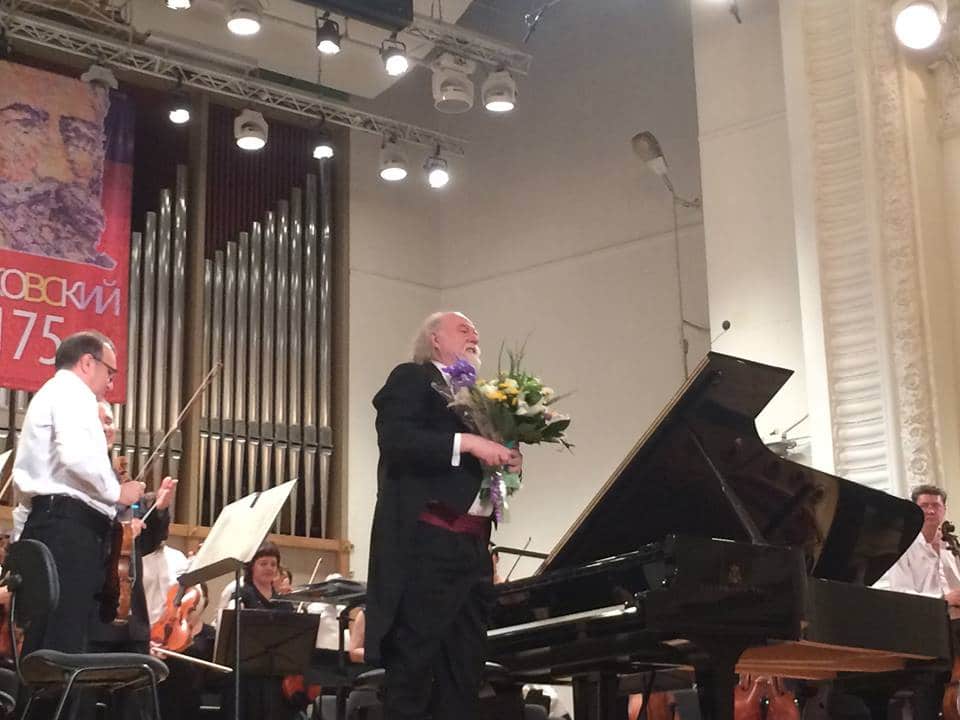
UPDATE: Here’s a further diary section that Peter has asked to add:
I still do not know that it was coronavirus that I had, and I probably never will. I believe it to be likely, but the official line is still that there were no cases – particularly outside China – until December, and until very recently no information was available about its existence before 31 December. That I may have caught it in November before it was ever acknowledged horrifies me, because it means that – given that that we now know retrospectively that self-distancing of 2 metres is the minimum safe distance to avoid infection – I was probably quite close to several people, even though I was obviously trying to avoid exposing them to what I thought was a bad cold [as far as I know, I have never had real flu – only bad colds – so I have no first hand experience of what it feels like]. I began to think of myself as a possible unknowing carrier, the thought of which terrifies me, but fortunately not a single person with whom I had any contact, other than my own family, seems to have developed symptoms. Had they done so, I could have found myself being responsible for terrible consequences, possibly including deaths – it does not bear thinking about, and makes me feel very frightened and guilty. Perhaps it is the case that I never had coronavirus, although I cannot imagine what else it might have been otherwise.